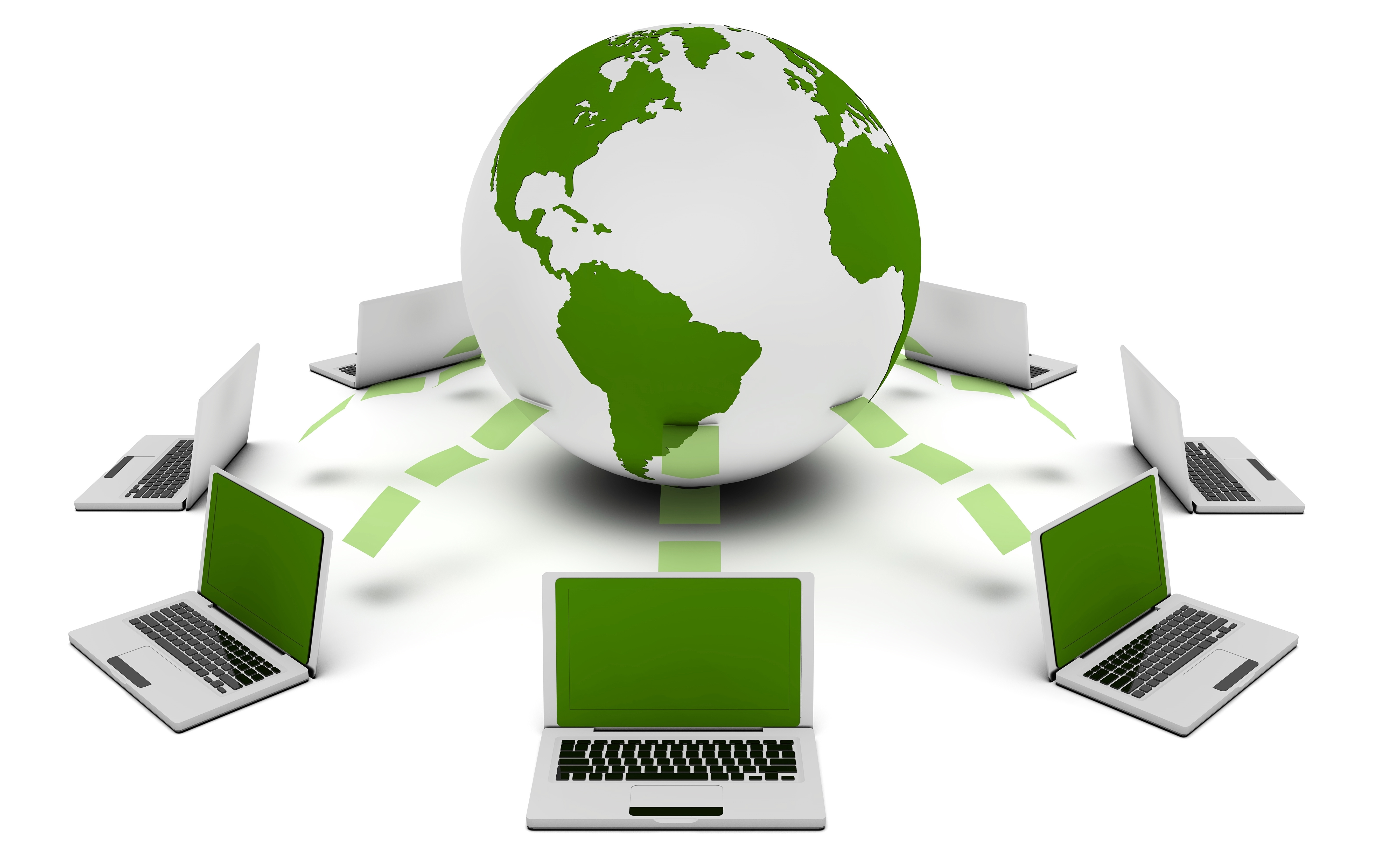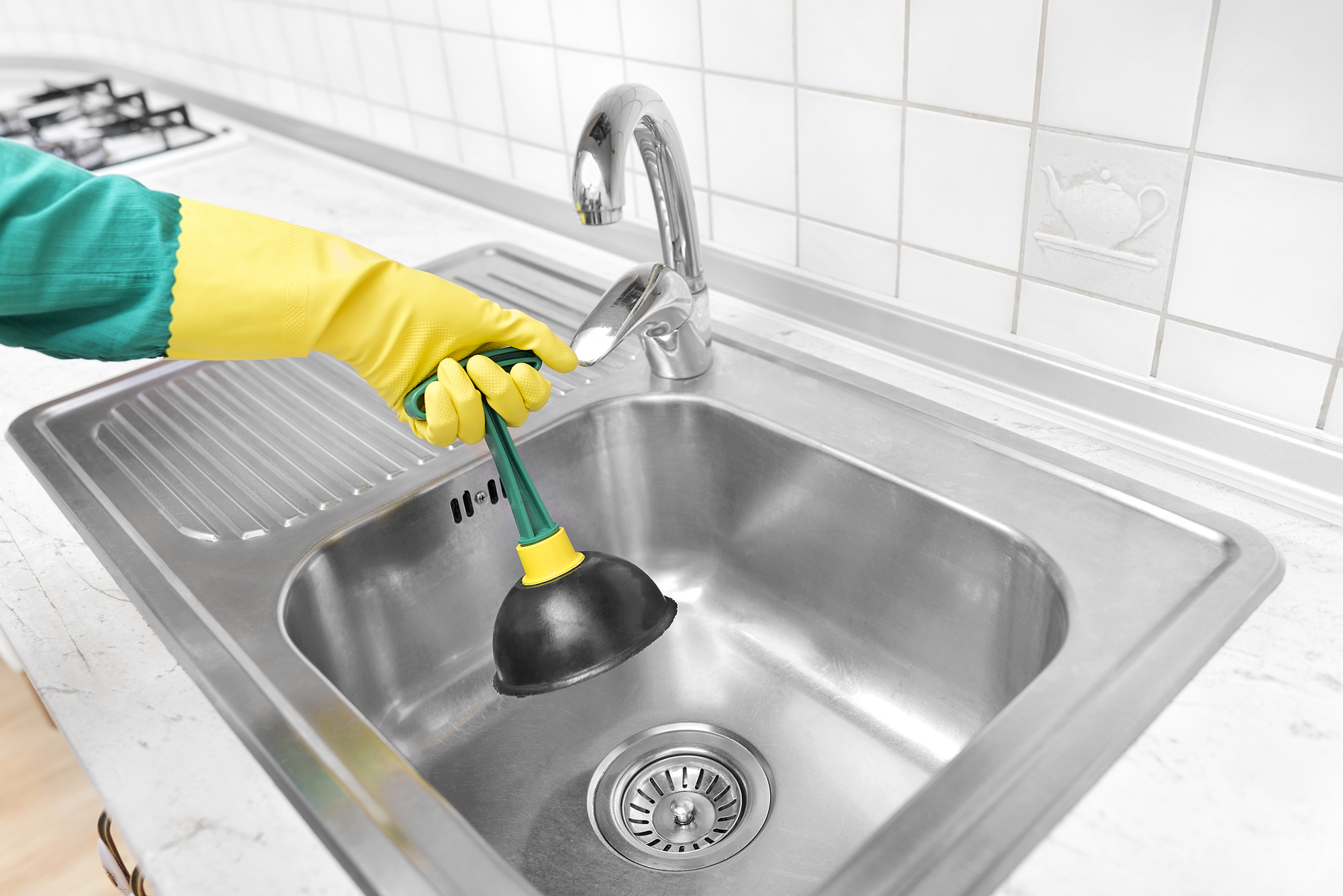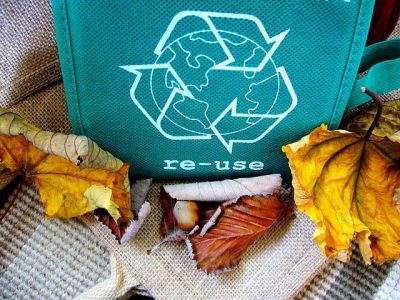The benefits of going paperless are becoming as important as the benefits you derive from breathing oxygen – your life depends on it. No exaggerating!
At our current rate of deforestation, we’d have destroyed all the earth’s rainforests in the next 100 years (or less).
The U.S. consumes about 68 million trees to produce paper and paper products, every year. Worldwide paper consumption has grown 400 percent in the last 40 years.
In short, we NEED to go paperless! Let’s discuss the benefits first.
Benefits of Going Paperless at Home
Going paperless puts your most important documents at your fingertips. You don’t have to remember passwords, your medical history, or have to travel a thousand miles just to get a piece of paper.
You’d save money, time, energy, the environment, and space if you do away with papers. Let’s examine these benefits of going paperless at home closely.
Financial Benefits
Slash, or even eliminate the cost of paper, energy, and storage. Yes, you’ll need to spend some money initially to go paperless. But once you’ve ditched papers, you’d never have to buy envelopes, printer papers, rubber stamps, run your printers (an energy-intensive activity), or purchase toners and inks, forever!
You can securely store your documents, eStatements, bills, photos, and other files online. If you like it, automate your bill payments to save time.
Store and Retrieve Records Easily
If you’re moving from your old home to a new one, it’s easy to misplace important documents. If you’ve maintained a paperless culture, you’d be less likely to lose important documents.
You can retrieve your documents from offline storages like your hard drives and flash drives, or from cloud services like Google Drive, Dropbox, Microsoft Azure, Box, or iCloud.
A key benefit of going paperless is being organized and in control of your documents. Storing your documents in digital formats makes them retrievable, searchable, archivable, and when desired, sharable. You’d have complete control over your valuable information without any geographic restrictions.
Security
Most cloud and desktop storage software solutions use, at least, the same level of secure encryption as the banks or government websites. These storage tools use time stamps, multi-factor authentication, and other high-level security measures, so hackers are extremely unlikely to compromise them.
Save the Earth
Reduce your carbon footprint by using fewer papers. Even better, eliminate hard copy documents.
How to Go Paperless
Now, get the benefits of going paperless. Here’s how.
Get in the Habit of Asking for Electric Copies
Always demand electronic statements, invoicing, and billing if a company offers it. This simple habit slashes down the number of papers that come to your mailbox.
You want to be careful to avoid using a fake paycheck stub generator or anything else that might expose you to harm.
Be Disciplined
Decide to adopt the behaviors necessary to turn all your paper copies into electronic documents successfully. Going paperless is new, so you’d have a learning curve on the storage, filing, and retrieval system you use.
Use Duplex Scanning
Don’t choose to insert each page of your documents into the scanner manually. Instead, use a device that has a good document feeder.
Opt for a scanner that’s capable of scanning both sides of a document (i.e., duplex scanning). Choose a wireless scanner if you need location independence.
You want a scanner that’s capable of the workload that comes with going paperless. Fujitsu has a reputation for durable printers. You may opt for low-price scanners like Epson, Brother, Neat, and Doxie if you don’t have so much work to do.
Go Paperless Indeed
Stay on top of your task; maintain a staging stack next to your scanner where you keep all your documents for scanning.
The electronic filing system you choose to use is critical. Make it easy for you to search your scanned documents by creating a proper filing, naming, and tagging system.
You may choose to send your scanned documents straight to your Dropbox, Evernote, Google Drive, or other cloud storage, depending on your scanner.
Bringing It All Together
The benefits of going paperless are apparent, and the steps to take are relatively straightforward. However, most people find it daunting to set aside the time to find and upload documents.
Some people fear that they can’t trust services offering online document storage. Do your due diligence.
Credit card companies, banks, utility providers are using online storage solutions; that’s a sign that it’s safe.
If you’re interested in more ways to make your home eco-friendly, click here.










